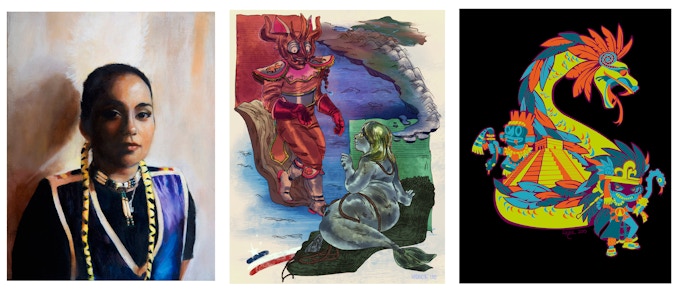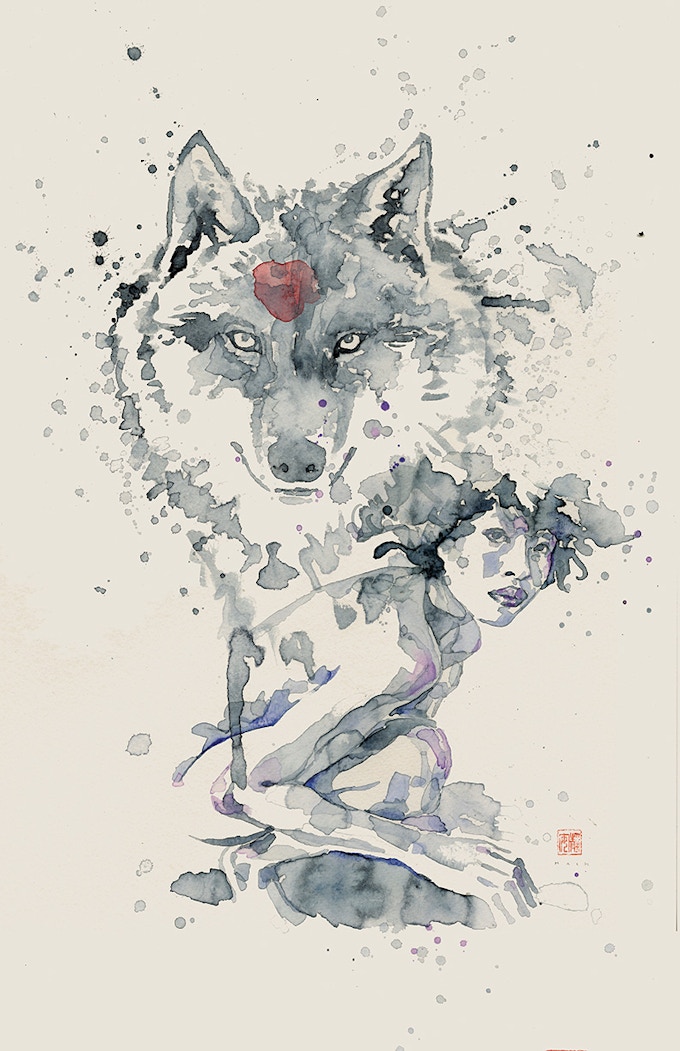 The Timehrian
The Timehrian
Andrew Jefferson-Miles
2002
110 pages, post-modern, speculative
Thank you to Peepal Tree Press for providing a review copy of this book.
After awaking from a six-year madness, Leon-Battista Mondaal writes to his cousin in an attempt to express what he has experienced. The result is this poetic novel that can never tell a straight story, but nevertheless reaches toward the truth - of Guyana’s colonial and post-colonial past, of ethnographic practice, and of the relationships between people.
This book is essentially a prose poem, for better or for worse. At times, it becomes almost incomprehensible, such as:
The tidal wave that swept all away possessed a sort of hybrid vigour that reached over our best attempts at correction. It exhibited an evenhanded kind of intervention in our affairs, entangling and suborning layers and institutions and environments. Former legacies are converted into new bodies whilst old shapes enter the squall and masquerade of memory, whose disguises enact majestic instability in our conception of ourselves. It is a complex, a charged phenomenology of practice and custom intensifying communities diverse in their origins, orientations, dictions.
I don’t usually enjoy reading poetry, but I will try my best to pull out what I understood from this text.
Colonialism and ethnography
Immediately before the tidal wave that caused Leon-Battista’s descent into madness, he was working with an ethnographic team recording the traditional
Christmas masquerade in a Guyanese coastal village. However, he seems to be uncomfortable with the whole process, and especially with the functionalist and colonial attitude of Laban, the group’s leader and a renowned anthropologist.
Part of what Leon-Battista points out is a common critique of early forms of anthropology (before the
“reflexive turn”). As he notes,
Conventional epistemes for the study of man (social relativism in anthropology, ethnolology, ethnography) tend to benefit least those about whom the study is made. Those about whom the study is made rarely get to participate in it.
As a discipline, anthropology now recognizes these issues and does its best to rectify them (or at least to be aware of them and their effects on a study) through participative modes of ethnography and research.
However, it seems that Leon-Battista is also referring to the colonial attitudes of some ethnographers, who treat the people they study as a way to produce knowledge, nothing more. Laban is a “native anthropologist:” originally from Guyana, he has returned as a celebrated academic to study his “native” culture. Despite this apparent belonging, he still treats his research participants as subjects of study rather than real, three-dimensional people.
History
Another issue that Leon-Battista brings out is the complicated
history of the area, from both an ecological and cultural standpoint. Apart from the colonists that came from Europe, the people in the area are also the descendants of African slaves, Indian indentured servants, and the Amerindian inhabitants of the area. As all of these groups have combined to form the society of present-day Guyana, so has the environment of the country changed under their influence.
Overall, I did not enjoy reading this book. It was only after I finished it that I realized how thought-provoking it is. If you enjoy reading poetry and/or are interested in experimental writing, you might want to give this one a try.
Want to see more reviews of world literature and film? Follow me on Twitter or like The Globally Curious's facebook page!







